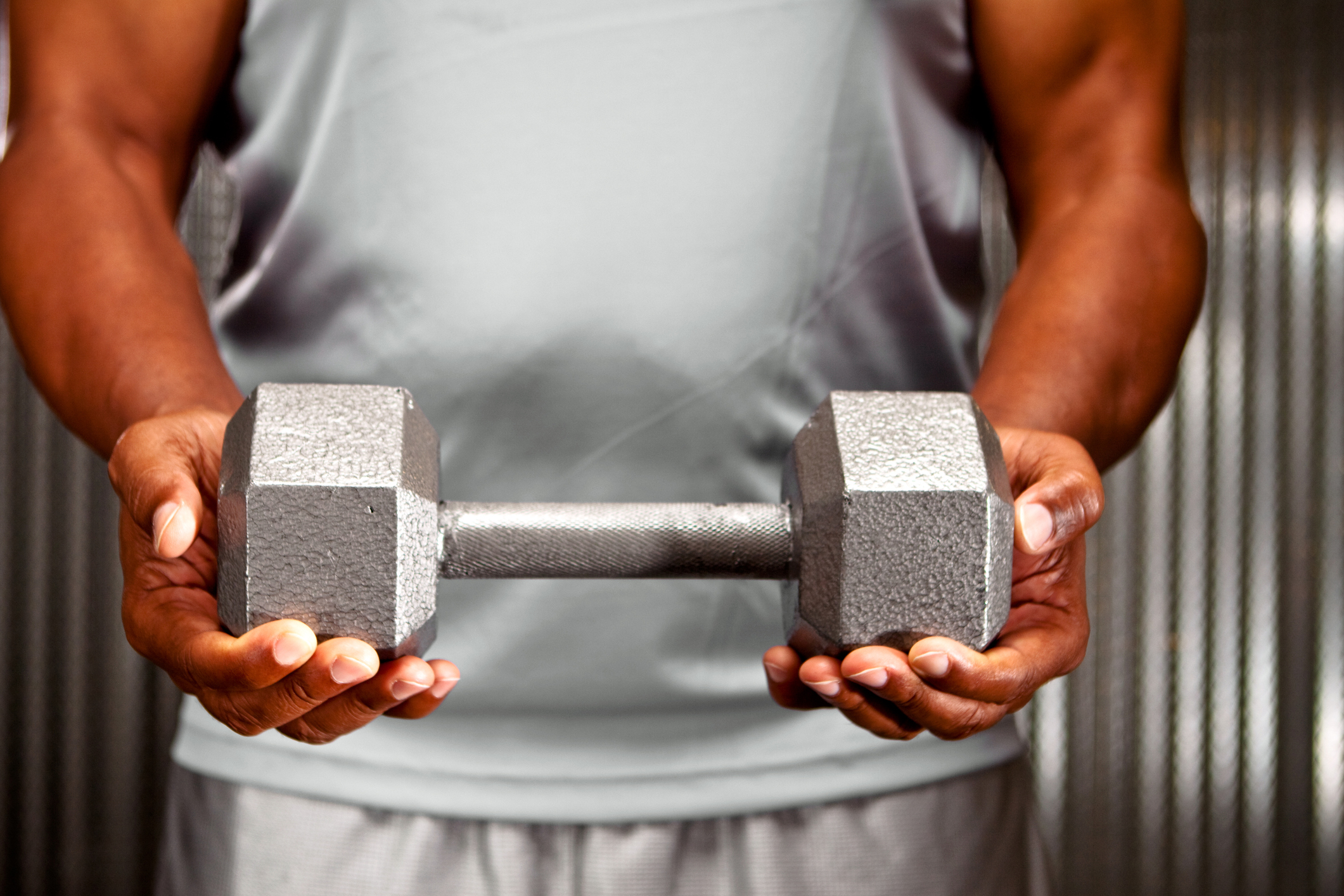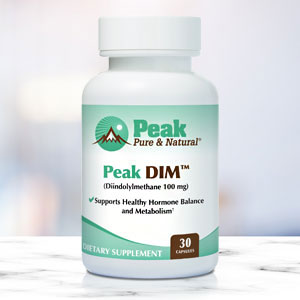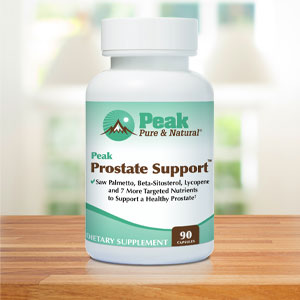Get Easy Health Digest™ in your inbox and don’t miss a thing when you subscribe today. Plus, get the free bonus report, Mother Nature’s Tips, Tricks and Remedies for Cholesterol, Blood Pressure & Blood Sugar as my way of saying welcome to the community!
The over-40 gym habit essential to avoid disease

Lifting weights isn’t just about looking good — especially if you’re over 40…
Aging accelerates muscle loss through a process called sarcopenia, which kicks in after age 40 and can result in your muscle mass declining by as much as 40% by the time you are 80 years old.
Poor nutrition and lack of physical activity can make it worse, causing you to grow weaker with each passing year. Even worse, this gradual deterioration of your muscles also increases the risk for diabetes, heart attack and dementia.
But there’s a habit you can pick up today to help slow the effects of sarcopenia — weight training.
Researchers have been exploring the exact mechanisms behind heavy weight training’s influence on muscles after 40. And a recent study makes one thing clear: it’s never too late to get started….
Heavy weights get your nerves and muscles working together
In a recent University of Copenhagen study, a group of men around the age of 70 did heavy weight training three times a week for four months. Their regimen consisted of three mandatory lower-body exercises: leg presses, leg extensions and leg curls. They also had the option of adding two upper-body exercises. The weight load was continuously adjusted to require a high level of exertion in every training set.
The results were impressive. According to researchers, the participants were already seeing significant improvements in fitness and muscle size at the halfway mark of the study.
Casper Søndenbroe, a University of Copenhagen postdoc and one of the researchers behind the study, credits these improvements to a stronger connection between the nerves in the spinal cord and your muscles.
“This will protect the body’s functional ability and reduce the risk of motor neuron death in the spinal cord, which is key to having a well-functioning body,” Søndenbroe says.
Here’s how the nerve-muscle connection works…
Every time you move, your brain sends a signal to the motor neurons in the spinal cord. These neurons then pass the message on to the muscles that they’re to move in a certain way.
The process remains the same whether you’re walking your dog, lifting a glass of water or doing your daily fitness run. But, as the University of Copenhagen study shows, the specific action of lifting heavy weights appears to make those connections stronger, improving physical strength and mobility — both of which tend to decline with age.
Never too old to begin
One encouraging finding is that even if you begin heavy weight training later in life, your body can still benefit. “Of course, the sooner you start, the better, but it is never too late — even if you are 65 or 70 years old,” Søndenbroe says.
However, he cautions that weight training can’t prevent the gradual decline in fitness and connection between the muscles and nerves that occurs with age — it can only slow it down. That’s why if you’re younger, you should begin heavy weight training now to build up those connections and give you a head start fitness-wise as your body ages.
And there are other benefits to weight training as well, including increased testosterone, less fat, lower risk for type 2 diabetes and improved stability and balance. In addition, men who weight train have a better chance of avoiding estrogen dominance and a longer life expectancy than those who don’t.
More research will help determine which specific mechanisms are involved in heavy weight training that cause it to strengthen those muscle-nerve connections.
What exactly is “heavy” weight training?
In men, early signs of functional decline such as muscle weakness, are indicative of encroaching male frailty. So don’t put off til tomorrow what you can start today.
If you’re considering embarking on a heavy weight training program, here are a few things to consider. First, you should always consult your doctor before beginning any new exercise program, especially one that can be intense (like heavy lifting). They’ll be able to go over your health history and determine whether it’s safe for you to start lifting heavy weights regularly.
If your doctor gives the okay, you need to figure out what a “heavy” weight means for you. It should be a weight that requires a good effort for you to lift, but not so heavy that you hurt yourself.
Next, you need to determine how many sets and how many repetitions to do. Some people who lift heavy only do one set of one to six reps at the highest weight they can manage. Other experts recommend a minimum of three sets of eight to 12 reps per set.
So how do you decide? I like this guideline — try to lift enough weight so that by your last rep, you really feel like you couldn’t possibly do one more.
Another way to figure out what your true limits are is to consult a fitness trainer or weightlifting coach. They will be able to help you design a heavy lifting program that pushes you to maximum effort while protecting you from physical injury.
Editor’s note: Did you know that when you take your body from acid to alkaline you can boost your energy, lose weight, soothe digestion, avoid illness and achieve wellness? Click here to discover The Alkaline Secret to Ultimate Vitality and revive your life today!
Sources:
Are you aged 40 or over? In that case, you need to do heavy weight training to keep fit — University of Copenhagen
Human skeletal muscle acetylcholine receptor gene expression in elderly males performing heavy resistance exercise — American Journal of Physiology-Cell Physiology
How Often Should You Do Heavy Weight Lifting Workouts? — Shape.com
Your Guide to Increasing the Weight You Lift — Self.com















